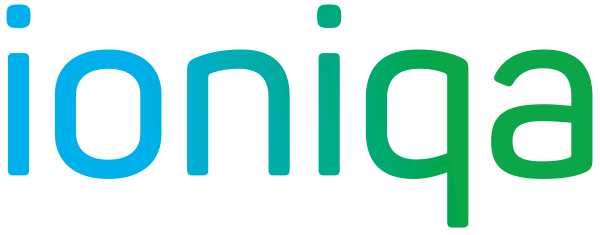“In the Netherlands, a few companies are doing well in the circular economy: one of them is sparkling Ioniqa.” With these words Diederik Samsom, former PvdA leader, complimented Ioniqa’s founder and CEO, Tonnis Hooghoudt, during the Waste and Recycling Conference 2018 in Utrecht.
Hooghoudt, later interviewed by chairman Freek van Eijk during the congress, talked about the start of Ioniqa (a spin-off from the Eindhoven University of Technology) in the plastic field as of 2011. He explained Ioniqa’s plan to launch its first industrial plant by next year. This plant will supply 10 kilotons of pure PET raw material from which new PET products can be manufactured.
Unique circular process
Globally around 320 million tons of plastic are produced every year, approximately a quarter being PET products. Only 10% of those PET products are being recycled. “Ioniqa developed a method to boost this recycling percentage. With our unique recycling process, fed with PET-waste we are able to produce ‘virgin’ raw material. This circular process can be repeated indefinitely”, Hooghoudt explained in a very busy conference room.
“Crude oil is the basic raw material of all plastics. As our ‘raw material’ is PET waste, oil is no longer needed and can eliminate oil from the plastic production process. This is a big advantage for the environment, including the reduction of CO2 emissions. Ioniqa’s raw material for PET is the same quality as PET raw material produced from the oil route while a competitive price. Both aspects are equally important, you do need a solid business case.”
Textile
All colorants can be removed from PET waste, like bottles and food trays, in Ioniqa’s game-changing process. Something that is impossible to do with traditional mechanical recycling. “We can use all possible PET coloured waste streams, including textiles: old, discarded clothes can be converted into the raw material for PET, even for food packaging.”
Start-up Ioniqa now entered the upscaling phase. Its demonstration plant in the Botlek area in at Plant-One Rotterdam will have a big brother next year: a 10 kiloton production plant. “Next upscaling steps, up to 200 kilotons, is up to stakeholders such as PET producers, Brands and Waste recyclers. They are far better equipped to take this circular process to an industrial level. We will sell licenses of our technology and continue to develop new, innovative paths of recycling. But first Ioniqa’s goal is to realize the plans for the new 10 kt plant in 2019. ”
1 million Jumbo jets
Every year around 320 million tons of plastic are produced worldwide, which equals 1 million fully loaded Jumbo jets. “A quarter of plastics is PET and only 10 to 20% maximum is being recycled”, Hooghoudt says. “The rest (equaling a volume of 200,000 Jumbo jets) disappears in incinerators, landfill or in the ocean. We will need to take better care of our planet. The expected plastic production will grow to more than 1 billion tons per year over the next 30 years. We can only tackle this problem together: the industry, innovative companies, investors, governments and citizens combined.”
